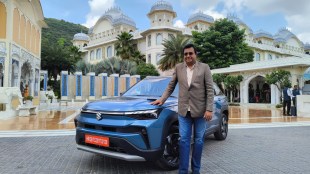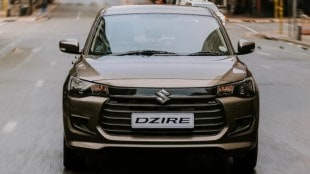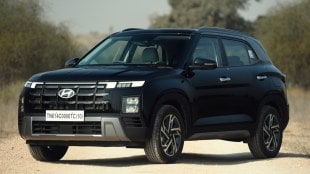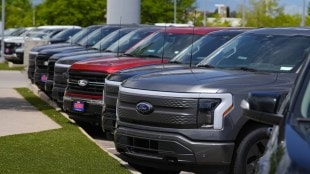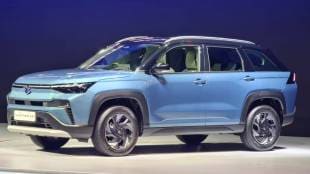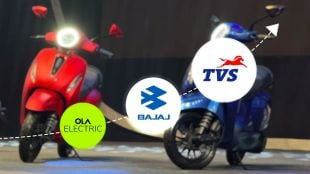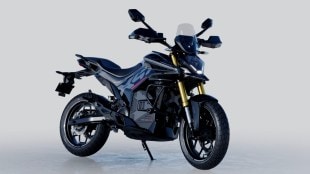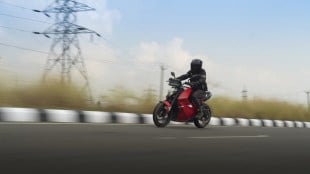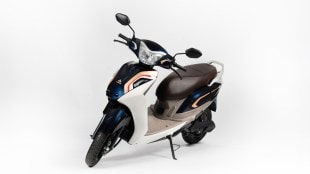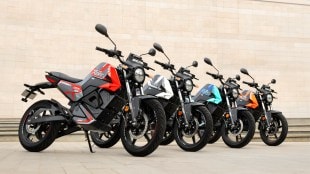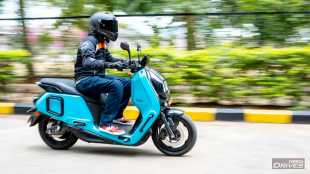
Recent media reports claim that Government officials are unsatisfied with Tata and Mahindra electric cars procured by EESL (Energy Efficiency Services Limited) and hence, have refused to use these vehicles. Poor performance and low range offered by these EVs were cited as the key reasons behind the unwillingness to use these vehicles. The procurement of electric cars by EESL was seen as a major step towards electric mobility in India but with some recent reports filled the air with doubts regarding the efficiency of these vehicles. Aware of all this, Tata Motors has announced a statement clearing rumours about the unsatisfactory performance of Tigor electric cars. On the basis of interaction with EESL and customers, the company says that it does not see range as a concern. Tata Motors adds that EESL managed to strike a balance between meeting daily running requirements and more important was the price accessibility, after which the tender specifications were finalised.
Shunning away the reports, Tata Motors says that its 10,000 units of Tigor electric are in sync with specifications mentioned in the tender. The company says that in a country like India, 74 percent of car buyers having a budget of Rs 4 lakh to Rs 8 lakh are very price conscious. On the other hand, customers purchasing a car of Rs 15 lakh and above are limited. For this reason, one of the key limitations behind the adoption of electric cars in India is the price of the car along with battery cost.
Watch our Tata Tigor vs Maruti Suzuki Dzire vs Volkswagen Ameo video review here:
[jwplayer oDmLGgqQ-DE6UeepY]
The specifications decided by EESL maintained a balance between price and range and the latter was offered in a way that it was good enough for daily city use. According to research findings mentioned in the company release, the average run by an individual for personal use per day is around 50-60 km. In such a case, an overnight charging that offers a range of 130 km is good enough. Furthermore, a fast charging network will make sure that there is no range anxiety.
Tata Motors says that a higher range of 250 km would translate into a battery cost of over Rs 7 lakh and it would have made the electric cars inaccessible to majority of customers. However, with the reducing battery prices, the company will be able to increase the range in future. The company adds that the technology is present in order to deliver more range and high performance but the country has to take a call whether to make electric cars more accessible in the coming years or on the other hand, make high-speed electric cars with more range a priority.
Tata Motors believes that it is technologically ready in creating a wide range of electric cars with the help of which it can meet multiple demands. Its first product is the Tata Tigor electric and as already mentioned, its specifications have been kept in accordance with the EESL tender. The future will see the rollout of more Tata electric cars that will have a higher range and better performance, but at the same time, their prices will be on a higher side due to the increased battery cost and capacity.
Like Tata Motors, Mahindra might also release an official statement soon and as the oldest player in the country’s EV space, it will most likely come up with similar facts. There is no denying the fact that majority of customers refrain from buying an electric car due to range anxiety and performance as an electric car offers lower range and performance than a conventional fuel running car at the same price. However, this might not be the case in future as Tata Motors believes that electric cars will be cheaper than petrol cars by the year 2025.

